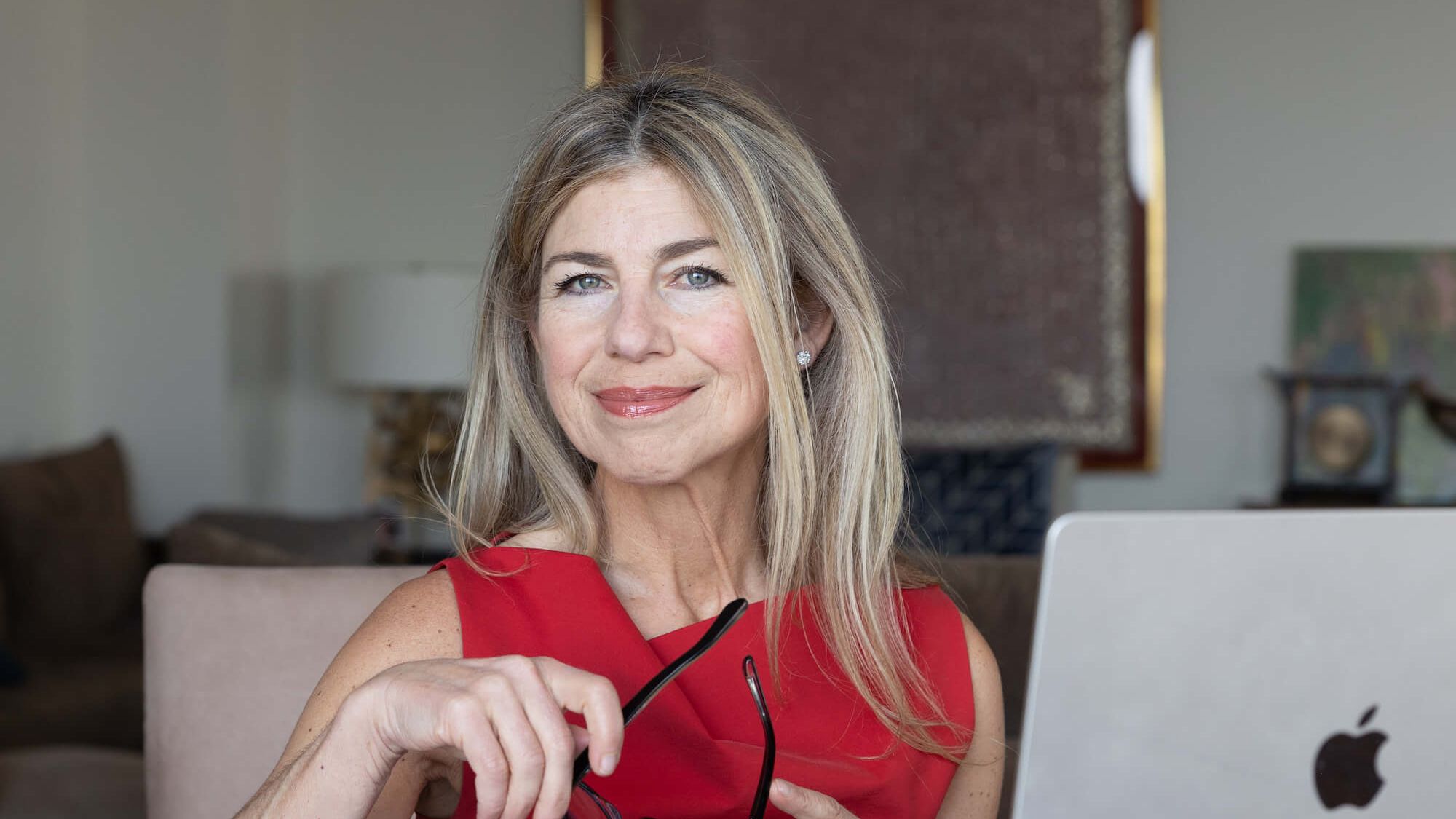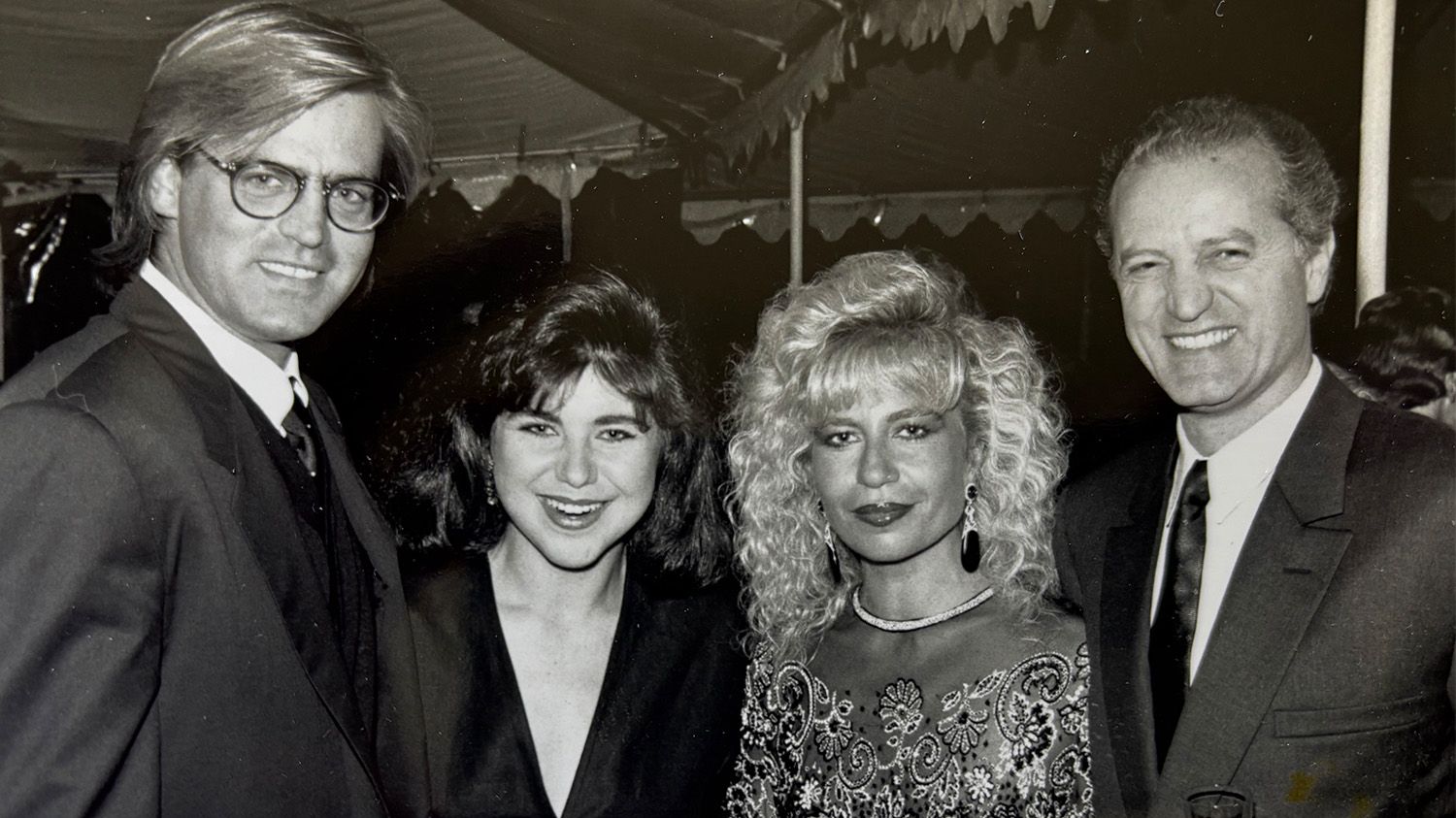Powerful People Don’t Feel the Need to be Forceful

Want to listen to this article instead? Tune in here.
I took up jogging in my early teens—mainly reacting to the “thinness craze” that was the air we breathed in the 70s and 80s. I jogged and took exercise classes at Jane Fonda (does anyone remember those???) to become or stay thin (depending on what the scale showed).
As an adult, I kept up the exercising, but it never seemed effortless or fun. Instead, it was always an endless loop of motivating myself through one tactic or another. My sources of motivation were often an upcoming date, a dress to fit into for an event, or permission to enjoy a future meal.
This system of motivation worked till I was in my early 40s. I don’t say it was easy on my body, heart, and soul, but it was doable. It moved me to action. What looked like effortless discipline to others was nothing short of daily, effortful, hard-knuckling to me.
Those of us in the second half of life understand that keeping up any behavior solely through constant and extreme effort is unsustainable over the long term. Whether it's a habit like exercising, waking up early, eating healthy, or a relationship practice with our partner, boss, or child, if we don’t find a way to inject ease and joy into it, that habit or practice will not endure.
Here, I’m not talking about making it easy. I’m talking about the experience of ease.
In my early 40s, I developed chronic back pain that brought me face to face with the limitations of forcing my body to follow the orders of my mind. My body, which, if I am to be honest, I had a purely transactional relationship with, went on strike. Hell, maybe it just quit, but I couldn’t be sure.
Over time, I became sure that no amount of force or external motivation would keep my body running as it had. I had to find a new way to move forward, and at that moment, I couldn’t even begin to imagine what that new way might be.
As with any change, the first step is awareness. For me, it was awareness of the distinction between Force and Power.
Through the help of my Life Coach, I realized that I had been using ‘Force’ as my fuel for action and impact. Simply put, force is an external pressure we exert to achieve a desired outcome. It could be as straightforward as pushing, threatening, and coercing someone or ourselves, or as sneaky as dangling carrots, quietly manipulating, or using shame and guilt to oblige others or ourselves.
Force is always effortful, and it leaves us feeling emotionally exhausted. It’s cheap fuel and can work in a bind, but never long-term.
Power, on the other hand, is an internal energetic response. It involves influencing and inspiring others and ourselves to take the right action. Power has a quality of ease and gentleness. When we say that we are in our power, we mean that we feel grounded, in control of ourselves, and able to make decisions from strength and deep intention, not fear and ego satisfaction.
Powerful people don’t feel the need to be forceful. They come across as calm, focused, and determined.
Power pulls and force pushes. Power draws the best out of others with its ability to inspire, influence, and empathize. Force pushes buttons to get the desired outcome at any cost.
The most significant light bulb moment was my awareness of this distinction and realizing that if my body were like a car, I had been using the diesel fuel of force instead of the clean electricity fuel of power to drive it.
For example, if my body needed rest on a given day, but my mind had already decided on a run, I would force myself to go for the run. And, of course, any athlete knows this is the recipe for causing injury.
However, gaining the awareness that force was no longer an option did not automatically make it easy to let go of the habit. You see, I was also addicted to speed, and force allowed me to get what I wanted fast—even if the thing I achieved didn’t last long. Regardless of the long-term cost, forcing outcomes still gave me the dopamine hit that comes with instant gratification.
Shifting my identity from being a forceful person to one who is powerful has been my everyday work. Those of you who secretly take pride in your need for control will relate to the difficulty of slowing down to nurture your emotional flexibility, range, and depth when, at any given moment, it feels so much easier to force the outcome we desire by using one or more of the tools in our handy dandy control toolbox.
It’s so much easier (in the moment) and faster to use guilt to get my children to clean up the kitchen than to have ongoing conversations about the values of helpfulness, contribution, and organization.
Ditto for the executive who leverages his title to make demands of his team, rather than slow down to have the kind of conversations that will gain the team’s buy-in.
And, of course, we try to force ourselves to take some desired action by shaming and speaking harshly to ourselves. How’s that working for you?
Ultimately, force is the downstream product of our fear of losing control. You will only be ready to change from using force to using power if your life experience has made it evident you cannot control all outcomes and other people’s behaviors in the long run.
Forceful people attempt to control. Powerful people strive to be in charge.
If this distinction resonates with you, begin becoming a powerful rather than a forceful person by answering the following questions:
- In what areas of my life am I using force to achieve my desired outcome?
- What is this behavior costing me?
- How would I benefit from using power instead of force with my (spouse, children, employees, myself, etc…)
Let me know if you notice a shift.







